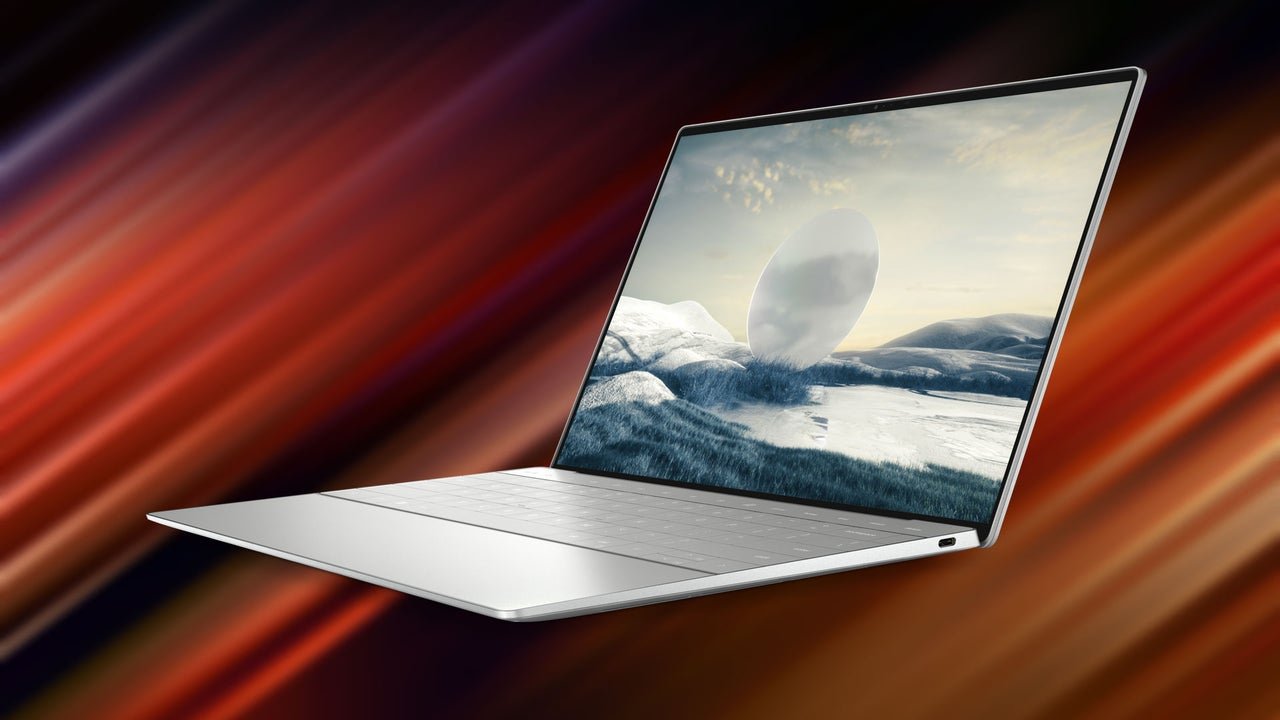When it comes to choosing a new laptop, two popular categories often stand out: gaming laptops and ultrabooks. Each type of laptop serves different purposes, offering unique features that cater to specific needs. But which one is right for you? This guide will help you understand the key differences between gaming laptops and ultrabooks, so you can make an informed decision.
1. Performance
Gaming Laptops:
- High-Performance Hardware: Gaming laptops are designed for power, equipped with high-end processors, dedicated graphics cards, and ample RAM. They can handle the latest games, demanding software, and multitasking with ease.
- Cooling Systems: These laptops typically come with advanced cooling systems to manage the heat generated by intensive tasks, ensuring sustained performance.
Ultrabooks:
- Efficient Performance: Ultrabooks prioritize efficiency over raw power. They usually feature Intel Core i5 or i7 processors and integrated graphics, making them perfect for everyday tasks, office work, and media consumption.
- Battery Life: Ultrabooks often boast impressive battery life due to their efficient processors and lightweight design, allowing for extended use on the go.
2. Portability

Gaming Laptops:
- Bulky and Heavy: Gaming laptops tend to be larger and heavier due to their powerful components and cooling systems. They are less portable, making them better suited for stationary use or occasional travel.
- Limited Battery Life: Due to their power-hungry hardware, gaming laptops typically have shorter battery life, often requiring you to stay near a power outlet.
Ultrabooks:
- Slim and Lightweight: Ultrabooks are designed with portability in mind. Their slim profiles and lightweight construction make them easy to carry, ideal for students, professionals, and travelers.
- Long Battery Life: With a focus on energy efficiency, ultrabooks offer long battery life, perfect for working on the go without worrying about frequent recharging.
3. Display and Graphics
Gaming Laptops:
- High Refresh Rates: Gaming laptops often come with high-refresh-rate displays (120Hz, 144Hz, or even 240Hz), providing smoother gameplay and better visuals.
- Dedicated Graphics Cards: Equipped with dedicated GPUs, gaming laptops can handle graphically intensive games and creative software, offering superior graphics performance.
Ultrabooks:
- Sharp and Vivid Displays: While ultrabooks might not have the high refresh rates of gaming laptops, they still offer sharp, vibrant displays, often with high resolutions (1080p or higher).
- Integrated Graphics: Ultrabooks generally rely on integrated graphics, which are sufficient for everyday tasks but may struggle with demanding games or creative applications.
4. Use Cases
Gaming Laptops:
- Gaming Enthusiasts: If you’re passionate about gaming and want to play the latest titles at high settings, a gaming laptop is the way to go.
- Creative Professionals: Those who work with graphic design, video editing, or 3D modeling will benefit from the power of a gaming laptop.
Ultrabooks:
- Students and Professionals: If your primary needs are portability, long battery life, and efficiency for tasks like web browsing, word processing, and presentations, an ultrabook is ideal.
- Casual Users: For those who use their laptops for light gaming, streaming, and general everyday use, an ultrabook offers the perfect balance of performance and portability.
5. Price
Gaming Laptops:
- Higher Cost: Gaming laptops tend to be more expensive due to their powerful components and specialized features. However, they offer great value for gamers and professionals who need high-performance machines.
Ultrabooks:
- Varied Price Range: Ultrabooks come in a range of prices, from budget-friendly options to premium models. While they might be less powerful than gaming laptops, they offer excellent value for those prioritizing portability and efficiency.
Conclusion
Choosing between a gaming laptop and an ultrabook comes down to your specific needs and preferences. If you require raw power, superior graphics, and are willing to sacrifice some portability, a gaming laptop is the right choice. However, if you prioritize portability, long battery life, and efficient performance for everyday tasks, an ultrabook is likely the better fit. Consider your use case, budget, and lifestyle to make the best decision for your next laptop purchase.










